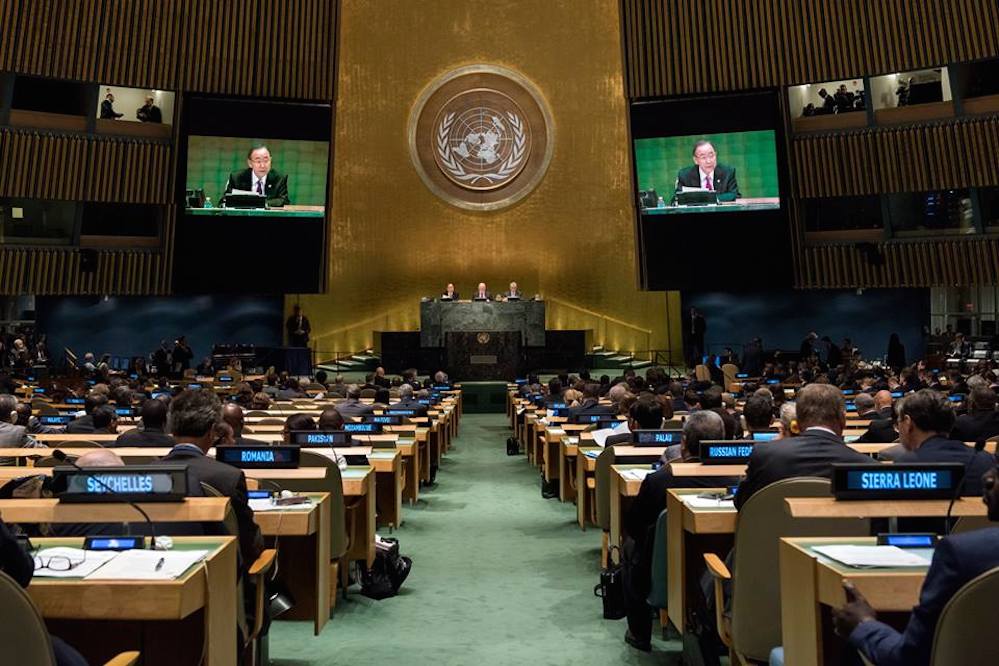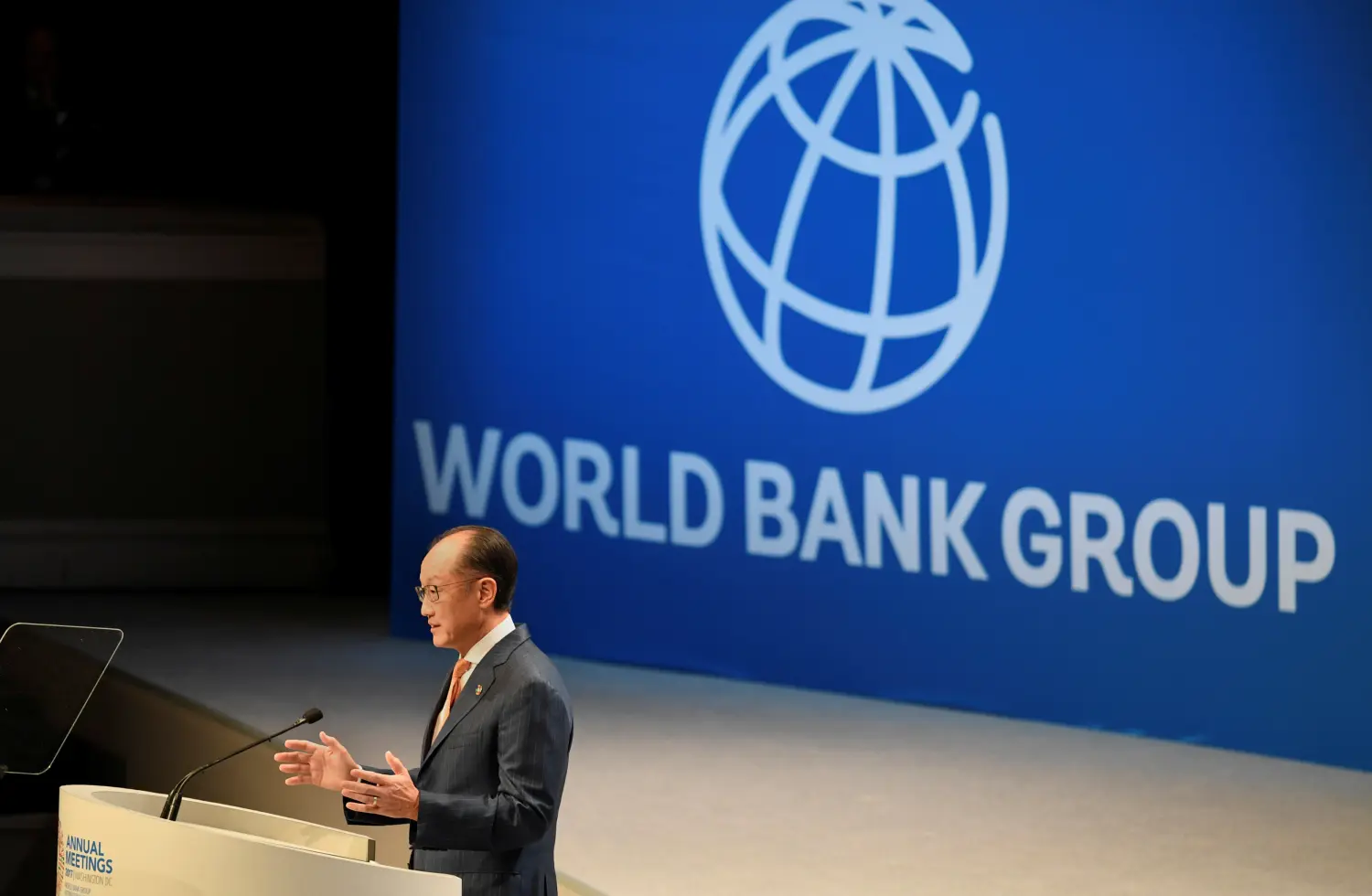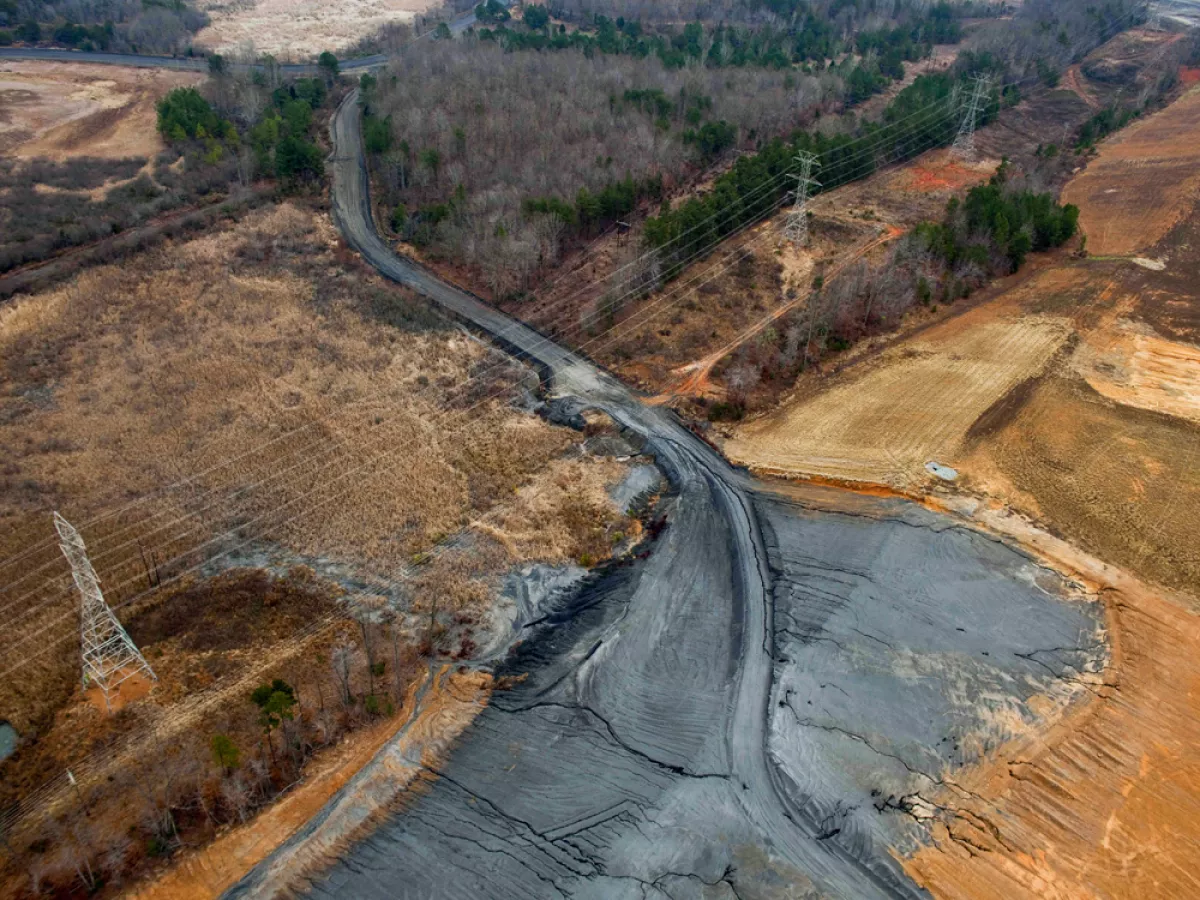Do the United Nations’ Efforts in Combating Climate Change Make Sense?

The United Nations (UN) plays a pivotal role in global efforts to address climate change, coordinating international cooperation and setting ambitious goals to mitigate its impacts. Here are some of the key initiatives and achievements of the UN in this critical area:
Paris Agreement
One of the most significant achievements of the UN in the fight against climate change is the Paris Agreement, adopted in 2015. This landmark accord brings together nearly every country in the world to commit to reducing greenhouse gas emissions and limiting global temperature rise to well below 2 degrees Celsius above pre-industrial levels, with efforts to limit the increase to 1.5 degrees Celsius. The agreement requires countries to submit Nationally Determined Contributions (NDCs), outlining their specific climate actions and targets.
United Nations Framework Convention on Climate Change (UNFCCC)
The UNFCCC is the primary international treaty addressing climate change. Established in 1992, it provides a framework for negotiating protocols and agreements, such as the Kyoto Protocol and the Paris Agreement. The UNFCCC facilitates international cooperation, promotes the exchange of information and technology, and supports capacity-building efforts in developing countries to help them mitigate and adapt to climate change.
Intergovernmental Panel on Climate Change (IPCC)
The IPCC, established in 1988, is the leading international body for assessing the science related to climate change. Comprising thousands of scientists from around the world, the IPCC provides comprehensive reports that inform policymakers about the causes, impacts, and potential responses to climate change. Its assessments are crucial for shaping global climate policies and negotiations.
Climate Action Summit
The UN convenes regular Climate Action Summits to mobilize political will and amplify climate ambition. These summits bring together heads of state, ministers, and other leaders to announce new and enhanced climate plans and commitments. The 2019 Climate Action Summit, for example, focused on enhancing ambition and accelerating action to implement the Paris Agreement.
Sustainable Development Goals (SDGs)
The UN’s 2030 Agenda for Sustainable Development includes 17 SDGs, with Goal 13 specifically dedicated to climate action. This goal aims to integrate climate change measures into national policies, strategies, and planning. The SDGs provide a holistic framework for addressing climate change alongside other global challenges, such as poverty, inequality, and environmental degradation.
Green Climate Fund (GCF)
The GCF is a key mechanism for channeling climate finance to developing countries. Established within the framework of the UNFCCC, the GCF supports projects and programs that help vulnerable countries mitigate and adapt to climate change. It aims to mobilize $100 billion per year by 2020 and beyond to address the needs of developing countries.
Youth and Public Mobilization
The UN actively engages youth and civil society in climate action. Initiatives like the Youth Climate Summit and the involvement of young activists, such as Greta Thunberg, have helped raise global awareness and put pressure on world leaders to take more ambitious climate action. The UN also supports public mobilization efforts, recognizing the crucial role of grassroots movements in driving climate policy.
Loss and Damage
The UN is also focused on addressing loss and damage associated with the impacts of climate change, particularly in vulnerable developing countries. This includes providing financial and technical support to help communities recover from climate-related disasters and build resilience against future impacts.
Conclusion
The United Nations’ comprehensive approach to climate change, encompassing scientific assessment, international cooperation, and ambitious goals, positions it as a global leader in the fight against this existential threat. Through initiatives like the Paris Agreement, the IPCC, and the Green Climate Fund, the UN is instrumental in coordinating worldwide efforts to mitigate and adapt to climate change, ensuring a more sustainable and resilient future for all.

















